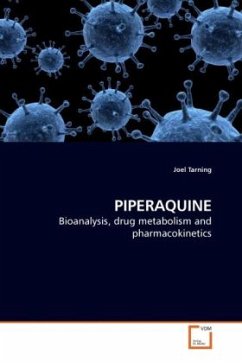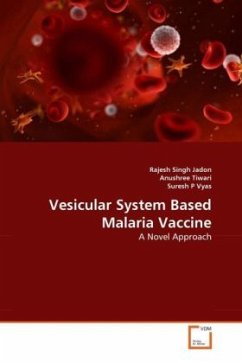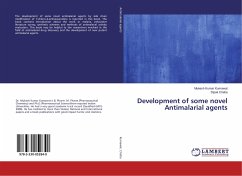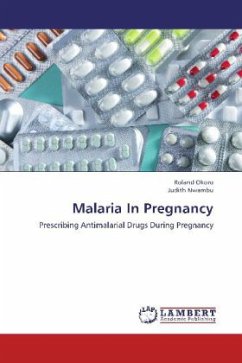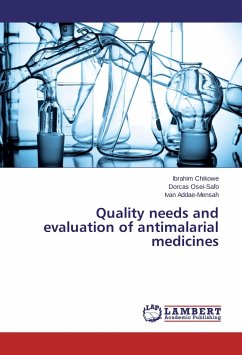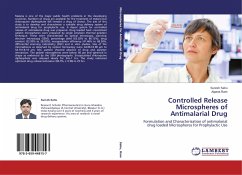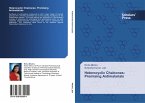Malaria is one of the most abundant parasitic diseases in the world affecting many of the poorest economies. The estimated prevalence is 300 to 700 million clinical episodes each year with up to 1 million deaths. Piperaquine replaced chloroquine as the first line treatment in China for Plasmodium falciparum malaria in the 1970s and was used as mass prophylaxis until the emergence of resistance in the 1990s. It has recently been the object of renewed interest as a partner drug in artemisinin-based combination therapy. Artekin® is a fixed oral combination of dihydroartemisinin and piperaquine showing excellent efficacy and tolerability against multi-resistant Plasmodium falciparum malaria. Only a limited number of studies have addressed the clinical pharmacokinetics of piperaquine, none of which have addressed metabolism. Despite its extensive use no published information is available about the non-clinical pharmacokinetics or drug metabolism in animals. Overall, this thesis contributes to a better understanding of the bioanalysis, drug metabolism and pharmacokinetics of piperaquine which may contribute to its future safe and efficacious clinical use as an antimalarial.
